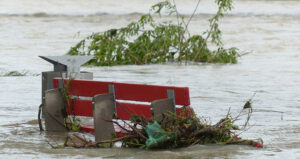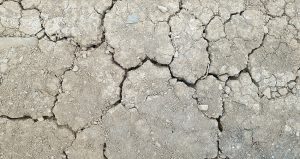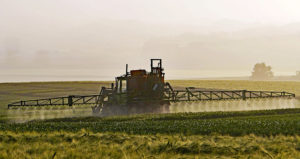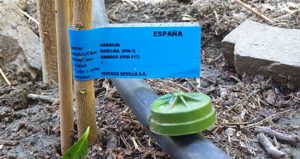Future for French mega-basins looks murky
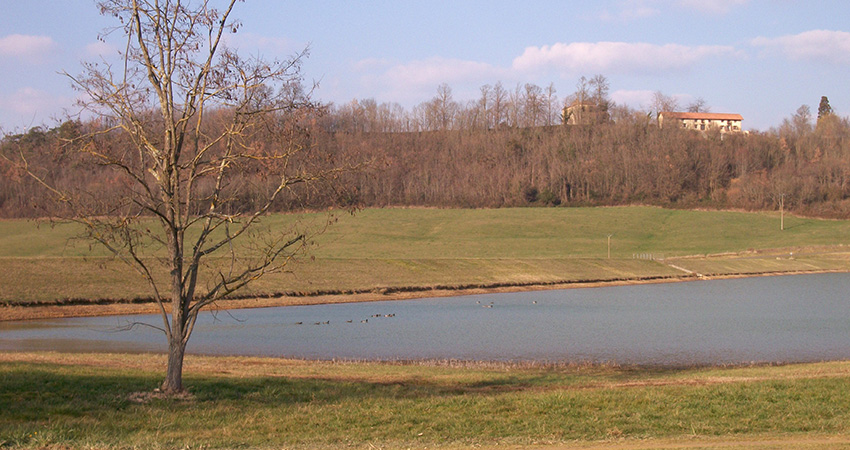
-
 Fergal MacErlean
Fergal MacErlean
Share article:
In France there are more and more protests against mega-reservoirs to reserve water for farmers. A confrontation between thousands of protesters and French police over a mega-basin project in Sainte-Soline, Deux-Sèvres, west-central France, at the end of October left serious injuries on both sides and thrust the visibility of these massive above ground agricultural reservoirs into the spotlight.
The Sainte-Soline deposit is the second of 16 in a project by a group of farmers, the Coop de l’eau, and 70% financed by the State and the Agence de l’eau of the Loire-Brittany region. Dozens more are planned, with the support of local authorities, in the Nouvelle-Aquitaine and the Auvergne-Rhône-Alpes regions – the main concentration areas for the country´s mega-basin projects. Agriculture is extremely vulnerable to water scarcity and farmers all around Europe are searching for solutions.
Only for farmers
Some 25 of these water deposits already exist in the south of the Vendée department, Pays de la Loire, installed between 2007 and 2017. Other mega-basins, such as those at Cram-chaban, in Charente-Maritime, operated illegally for years. Dug in fields, up to fifteen meters deep, the mega-basins can store up to 650,000 cubic meters of water, the equivalent of 260 Olympic swimming pools. The reservoirs are filled from aquifers during the winter for farmers to use during the spring and summer growing seasons. In theory they reduce the strain on the aquifers during increasing summer droughts, though critics say the water is only available to the participating farmers.
Risks of mega-basins
“It is a question of extracting the resource in the winter period to store it and thus avoid pumping water during the low water period,” Benoît Grimonprez, professor at the University of Poitiers, specialist in rural and environmental law, told France24. “We are talking about a substitution reservoir, the term mega-basin being rather a term used by opponents.” However, their disadvantages are many as detailed in a 2018 report by the Coteaux de Gascogne Development Company, a pioneer in water storage. It notes that the extracted water is exposed to heating and evaporation, algal blooms, cyanobacteria, as well as to passing birds, rodents, and various pathogens.
Petitions
Evaporation loss from these reservoirs is enormous, between 20% and 60%, according to Christian Amblard, honorary director of research at the French National Centre for Scientific Research (CNRS). French protest group Bassines Non Merci has sent two petitions to the European Parliament’s Committee of Petitions (PETI), claiming the violation of nine different EU directives. The petitions include a request for a parliamentary fact-finding mission in 2023.
Infringement of WFD
In response to the first petition, sent in March 2021, the Commission said it takes this ‘complex case very seriously, which is in line with its general concern for the protection of water resources. In its written response, the Commission said that if “the reservoir construction program prevents the bodies of water concerned from reaching good status, this would constitute an infringement of the Water Framework Directive.”
European Parliament
The EU executive has asked France to improve groundwater monitoring, present the environmental costs of the projects, and fight against water shortages and ‘excessive abstraction’. Green MEP Benoît Biteau, in a September 2021 statement, called on French authorities to stop their ‘indifference to European law’.


